


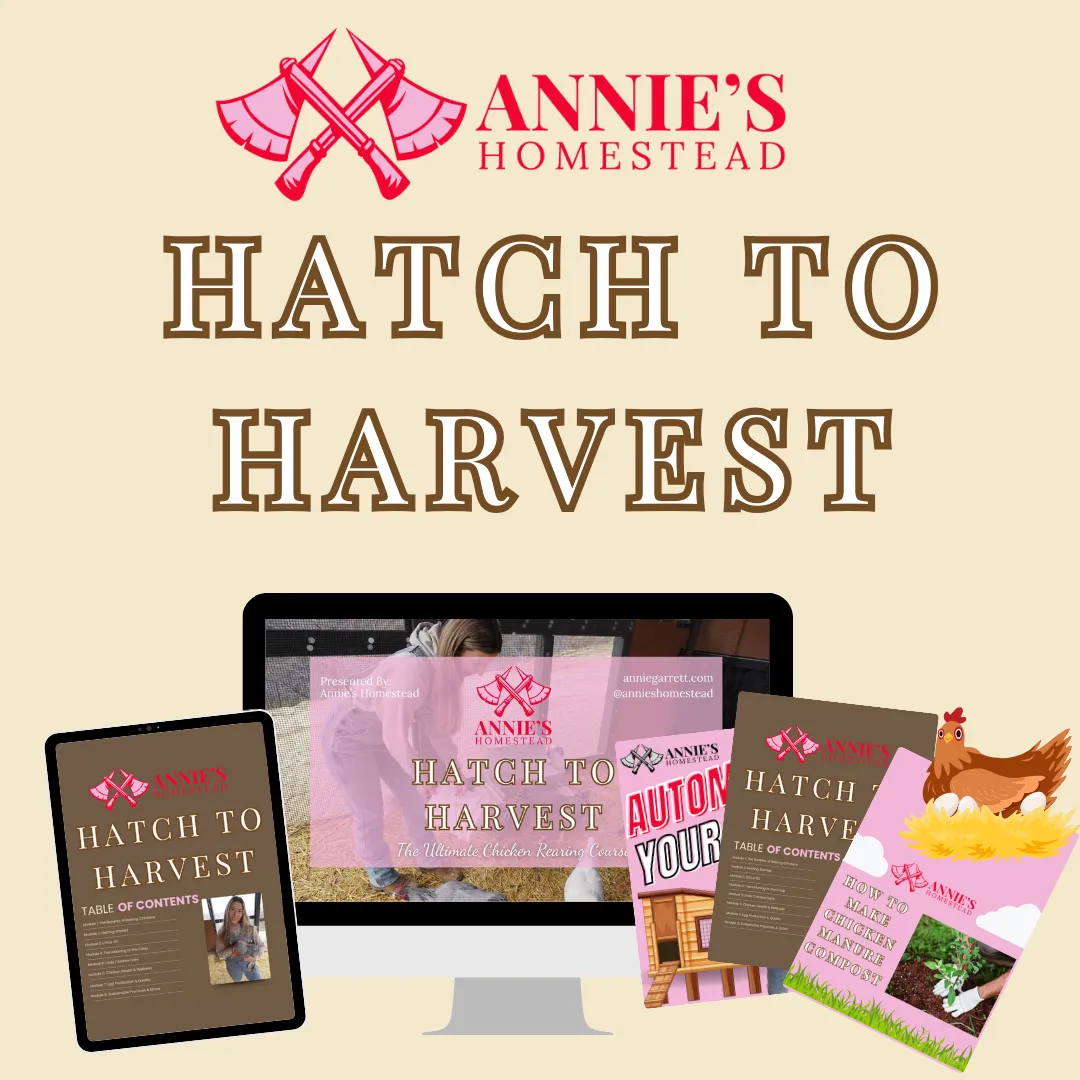
Welcome to Annie's Homestead
Take Your Homesteading to the next level!
Tired of grocery store mystery meat & wilting lettuce? Let’s grow real food, raise happy chickens, and earn money—no acres or fear required.
Does this sound familiar?
You’re over the mystery meat and wilted lettuce life.
You’re tired of not knowing what’s in your food—or where it came from. You're craving a real connection to your meals (and maybe a tomato that actually tastes like a tomato).You live in the city but your soul belongs in the dirt.
You’ve got dreams of chickens, raised beds, and canning jars—even if you're still stuck in a tiny apartment with a windowsill garden and a compost bin that scares your roommate.You’re ready to stop treating your homestead like a hobby.
You're putting in the work—growing food, raising animals, doing it all—and now you're wondering, “Wait... could this actually make money?”
If these frustrations resonate with you, you're not alone.
Let’s be real—lots of people want to live closer to the land...
But most of the info out there is either sugar-coated nonsense or so overwhelming it makes you want to throw your phone in the compost.
You're not alone—and you don't have to figure it all out yourself.
That's where Annie's Homestead comes in.

It's time to take control of your food, your lifestyle, and your future by embarking on a homesteading journey like no other.

Here, you'll find courses tailored to individuals just like you, providing you with a homestead roadmap

It's okay if you're living in a city right now! You can homestead exactly where you are.

Learning skills of fermentation, baking, bush craft, gardening and more, can help you become a homesteader even if you live in the heart of the city.

Turn your homestead into a cash cow by capitalizing on your talents so you can leave your 9-5.

Are you a home baker or gardener? Or neither? Our Homestead courses will help you discover your passion to turn into an income.
chicken coop automations
Want to streamline your chores?
From automatic door openers to refillable waterers, these innovations streamline maintenance tasks, ensuring your flock stays happy and healthy with minimal effort on your part.
Whether you're a seasoned keeper or just starting out, these time-saving solutions are a game-changer for any chicken enthusiast.
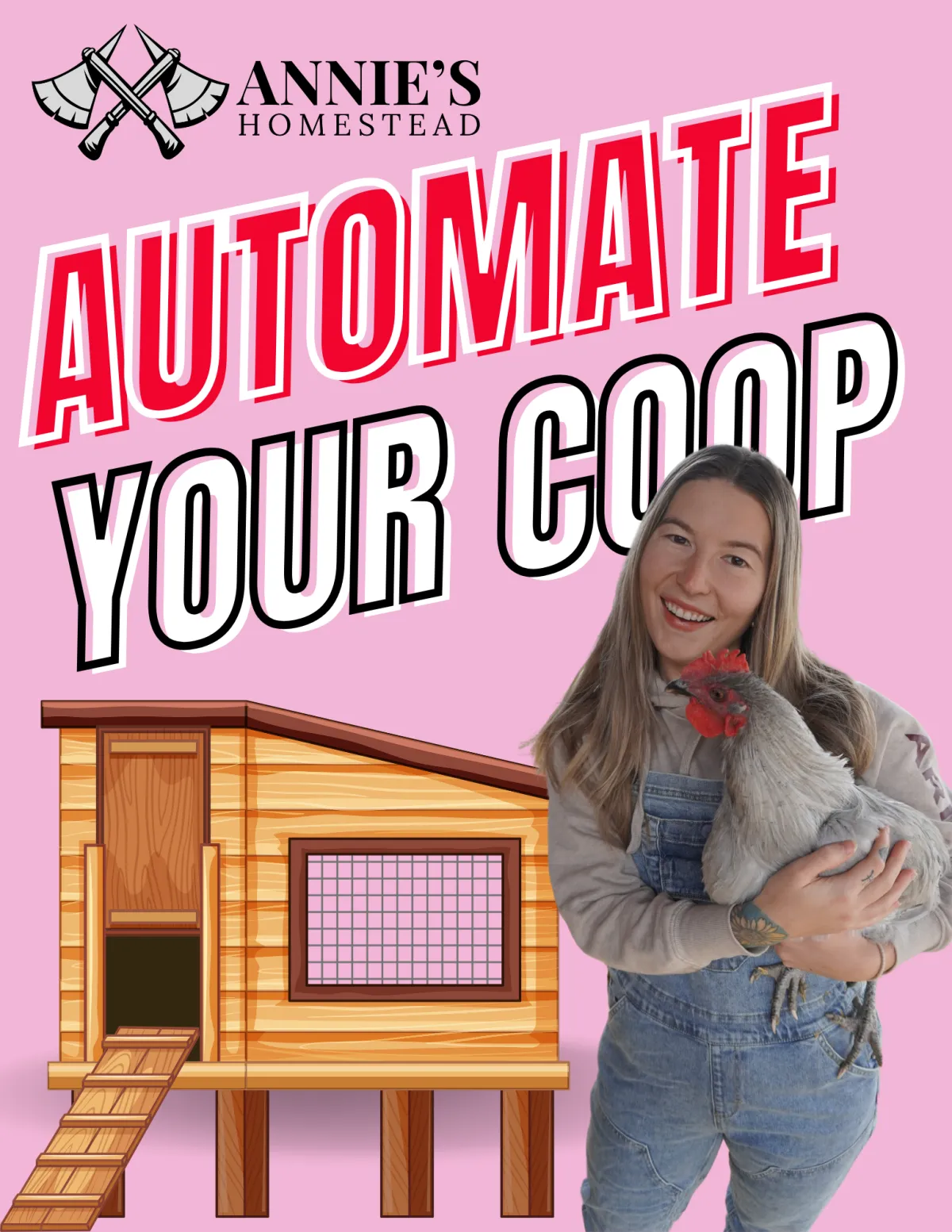
Hey There,
I'm Annie
I'm here to help you homestead with ease
You want to raise clean food. You want chickens that thrive, a garden that actually produces, and maybe even a little off-grid dream of your own.
But every time you Google something, it turns into a black hole of conflicting advice, overpriced courses, and blog posts that never really get to the point.
I get it. I was there too.
Now I live off-grid with a flock of mixed birds, an indoor grow room, and a greenhouse—because I’d rather avoid whatever’s falling from those ch3mtra!ls in the sky. I created Annie’s Homestead to make real-deal, straight-to-the-point content that helps you feel confident, not confused.
No gatekeeping. Just honest, tested resources to help you grow food, raise birds, and get out of the system—one chicken (or coop automation) at a time.
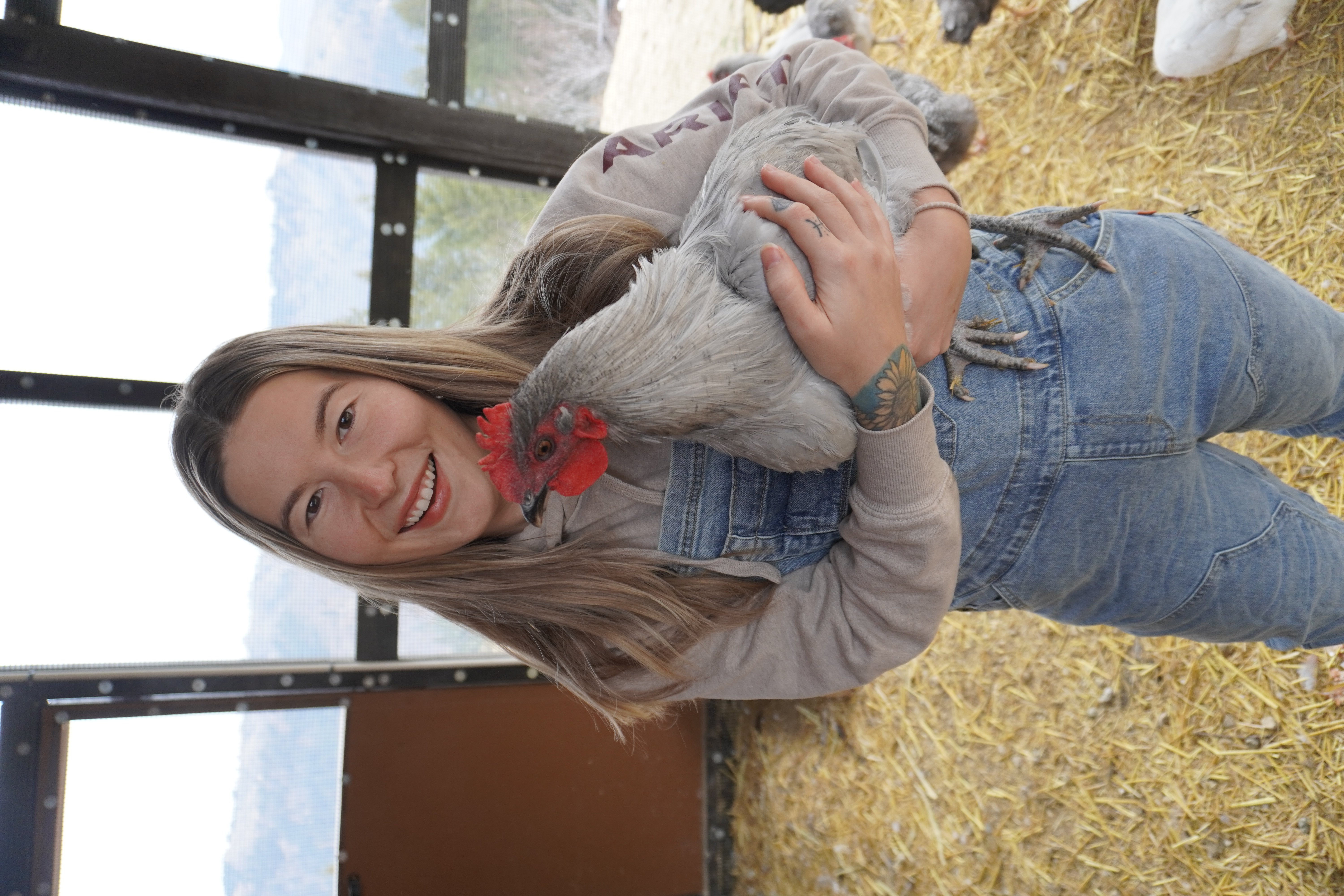
Top Resources

Streamline your chore list with our chicken coop automation list
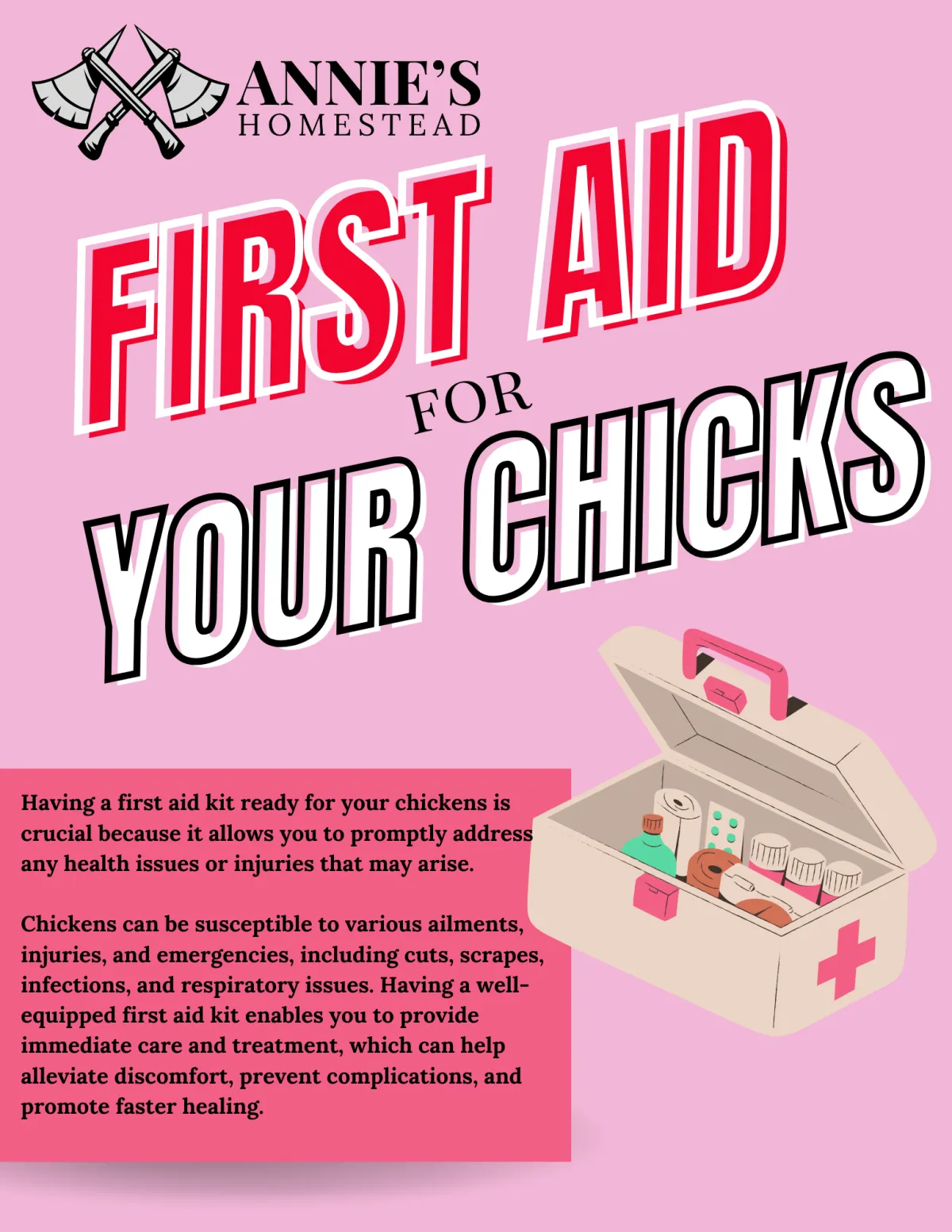
Prepare For Emergencies with our Chicken First Aid Kit
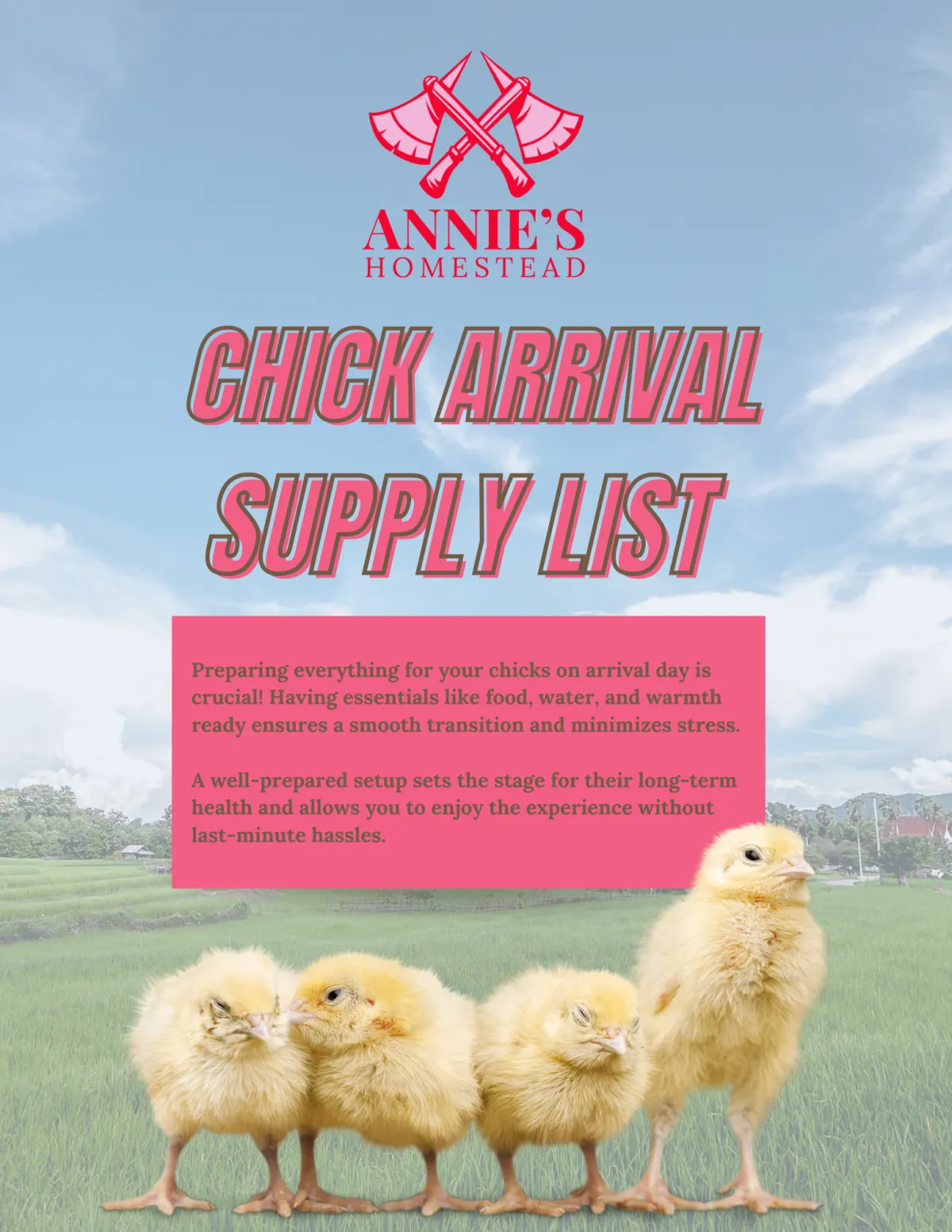
Prepare For Your New Chicks with our Favorite Essentials
Stay Updated
And join the newsletter
Be one of the firsts to know anything new and stay up to date with all the happenings on the homestead!
(I won't spam you ever - PROMISE!)
Read The Blog
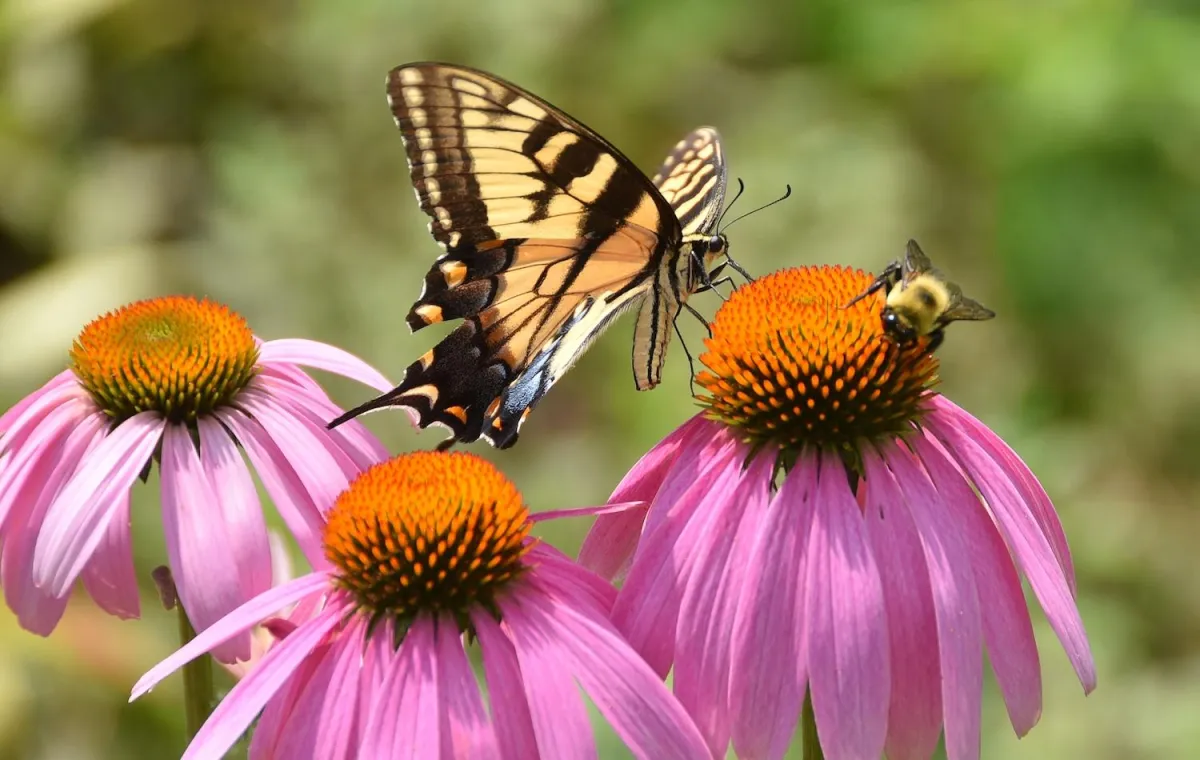
The Power of Pollinators
From busy bees to graceful butterflies, these winged marvels weave the very fabric of our existence, helping us to build a variety of fruits, vegetables, and blossoms in our gardens. In this blog, we're unraveling the intricate world of pollinators, understanding their significance, the hurdles they face, and how we can be their champions in our own little patches of paradise.
The Importance of Pollinators
Pollinators are essential for the survival of humans and the Earth's ecosystems. They help flowering plants reproduce, which are the source of most of our food, beverages, fibers, spices, and medicines. In fact, pollinators are responsible for one out of every three bites of food we eat, including fruits, vegetables, chocolate, coffee, nuts, and spices. Pollinators also help plants grow larger, more flavorful fruits and increase crop yields. In the United States, pollination of agricultural crops is valued at $10 billion annually.
These unsung heroes of our planet - bees, butterflies, birds, and bats are responsible for the reproduction of a staggering 75% of the world's flowering plants and 35% of our global food supply. Their tireless pollination not only sustains ecosystems but also fuels agricultural prosperity, contributing billions to the global economy annually.
Pollinators also play a key role in the food web, providing food for more than 80% of birds in the U.S., as well as reptiles, amphibians, and mammals. They also contribute to healthy soils and clean water by fostering robust plant communities.
Pollinators include a wide variety of creatures, such as bees, beetles, ants, wasps, butterflies, moths, hummingbirds, bats, and small mammals. However, pollinators are under threat from environmental pollution, contemporary forms of agriculture, and controlled forms of pollination.
Challenges Facing Pollinators
As native vegetation is replaced by roadways, manicured lawns, crops and non-native gardens, pollinators lose the food and nesting sites that are necessary for their survival. Many pollinator populations are threatened by habitat degradation and fragmentation. Pollution, pesticides, pests, pathogens, and changes in land use, and climate change have all been associated with shrinking and shifting pollinator populations, particularly insect pollinators.
Habitat that pollinators need in order to survive are shrinking, but you can help mitigate this problem but supporting pollinators in your area.
Supporting Pollinators in Your Garden
But fear not, just one visionary with a garden can make a world of a difference! It's time to embrace your role as a guardian of nature and create a safe haven for these extraordinary creatures.
Here are some surefire ways to lend them a helping hand:
1. Embrace Diversity: Choose a diverse mix of native flowers that bloom at different times throughout the year. Plants like milkweed and coneflowers attract butterflies, while lavender and sunflowers are favorites of bees. Hummingbirds love trumpet-shaped flowers like bee balm and honeysuckle. This variety ensures a continuous supply of nectar and pollen for pollinators.
2. Nesting Nooks: Craft cozy homes for nesting bees and butterflies using charming bee hotels, enchanting butterfly houses, or rustic brush piles, allowing them to raise their young in style. Your local garden center may already have some of these in stock so make sure to check there if you don't want to craft your own.
3. Bye-bye Pesticides: Many chemical pesticides are very toxic, and in addition to killing pests, they can harm you, your children, your pets and the environment. So next time, before reaching for that can of bug spray, try some of these safer alternatives. Opt for natural pest control methods to protect pollinators from pesticide exposure. Integrated pest management techniques and organic options can keep your garden healthy without harming beneficial insects.
4. Quench Their Thirst: Create inviting water stations with shallow dishes or bird baths adorned with pebbles, serving as refreshing oases for pollinators to quench their thirst and cool off during scorching days. Shop at thrift stores or yard sales for items to repurpose!
5. Spread Pollinator Love: Ignite a pollinator passion in your community by raising awareness about their importance and inspiring others to take action. Pollinator gardens are great to educational opportunities for homeschool events, tea parties and more! Find unique ways to inspire your community and lead by example.
Remember, we hold the key to safeguarding the life-giving services pollinators provide, for we are the guardians of this precious land. By cultivating some enchanting gardens full of pollinator delights and championing their protection, together, we can secure a flourishing tomorrow for generations to come.
So, let's extend a grand floral welcome, inviting our buzzing allies to partake in the creation of a magnificent garden paradise. The stage is set, the invitation is sent - let the pollination party begin!
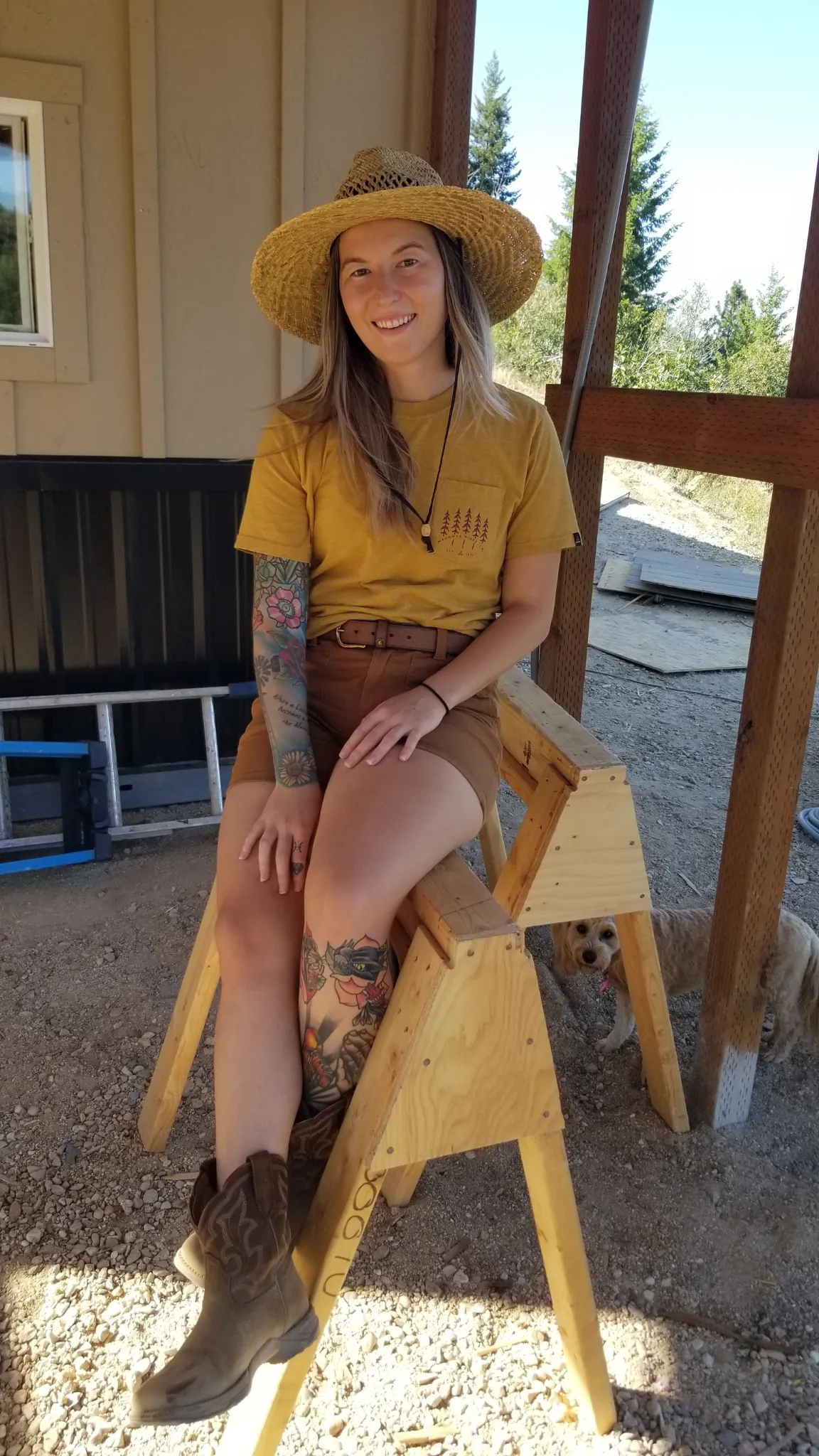
It's time to take the first step towards your homesteading journey.
Don't let uncertainty hold you back any longer.
Our homesteading courses offer a comprehensive roadmap to self-sufficiency, guiding you step-by-step through the process of creating your own thriving homestead, no matter where you live.
Enroll in our course today and take the first step towards a brighter, more empowered future!
Annie's Homestead is not affiliated by Facebook™ in any way. Facebook™ is a registered trademark of Facebook™ Inc
Branding and Website by RoyalT Studio
